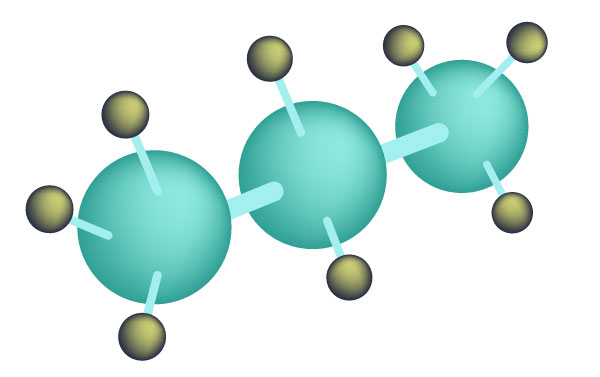- Non-renewable Energy
What is propane?
Propane is an energy-rich gas. Its chemical formula is C3H8.
It is one of the liquefied petroleum gases (LPG) that are found mixed with natural gas and oil. Propane and other liquefied gases including ethane and butane are separated from natural gas at natural gas processing plants, or from crude oil at refineries. The amount of propane produced from natural gas and oil is roughly equal.
LPG provides a convenient means of powering heating, cooking, and other processes, regardless of where your home is located.
How does LPG compare with other fuels?
- LPG produces no harmful or dangerous waste
- When burned, produces less CO2 than coal and oil
- LPG burns cleanly with no soot and very few SO2 and NOx emissions
- It poses no ground and water pollution hazards
- LPG delivers significant fuel cost savings and is approximately 50% cheaper than diesel
- It is a by-product so there is no wastage
- LPG boilers are cheaper to install than oil boilers and less expensive to maintain
- LPG can be used alongside renewable technologies (Source BP)
